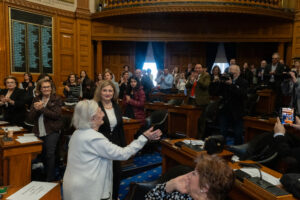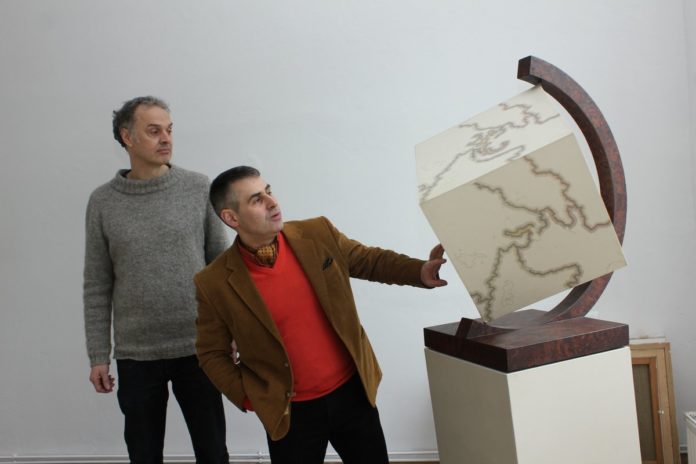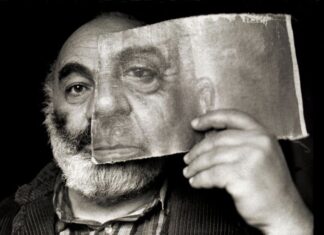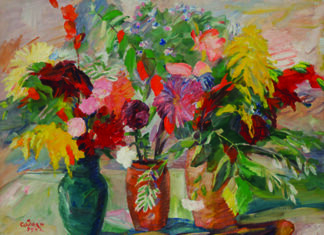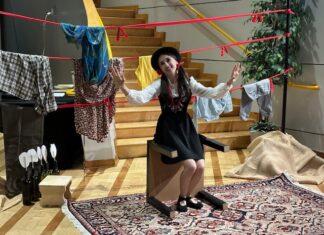By Muriel Mirak-Weissbach
Special to the Mirror-Spectator
BERLIN — The coronavirus pandemic shutdown has affected every aspect of life here in Germany, from schools to shops, from factories to farms. Social encounters that have always been part of our daily life, in restaurants, bars and cafes, fitness studies, public parks and playgrounds, have undergone a drastic redefinition, distancing has replaced engagement, friendly personal exchange stifles under the protective cloth of the face mask.
And we all agree: it is the right thing to do. So far, the measures taken by the German government have contributed to reducing the spread of the virus and it is deliberating how slowly, step by step, the shutdown can be eased.
Cultural life is suffering the impact. Here in Germany, as elsewhere, theatres are closed, the opera houses are silent, the music festivals, like the annual series of concerts in the Rhine valley, will not take place. Museums are shut; only those with the adequate technical and financial resources have organized virtual tours through the internet. Homes for the elderly which usually enjoy visits by poetry circles and small music ensembles have to endure a ban on visits.
Archi Galentz is an Armenian artist whose atelier and gallery occupy an important place in the cultural life of the capital. On April 12, his new gallery should have celebrated its first anniversary with the vernissage of a new exhibition, but — alas — that was not possible. In a letter addressed to friends of the gallery, Galentz reported on how he and his colleagues — despite everything — are dealing with the current challenge. With his kind permission, we share some of his thoughts with our readers.
